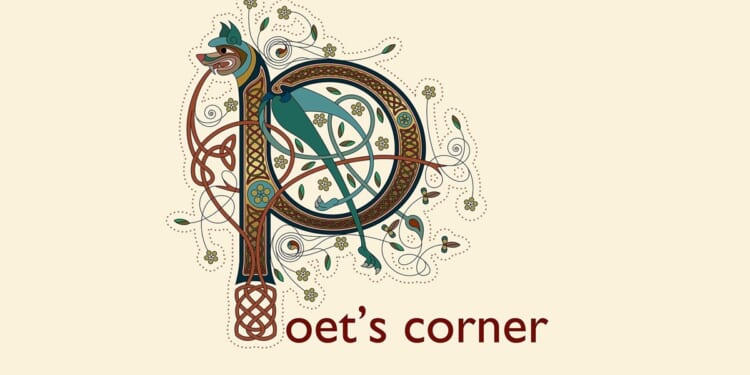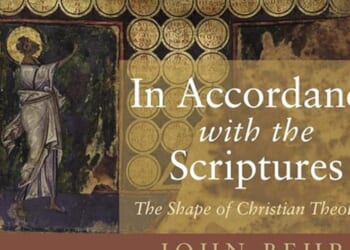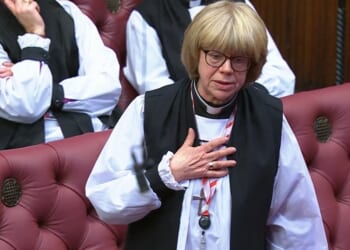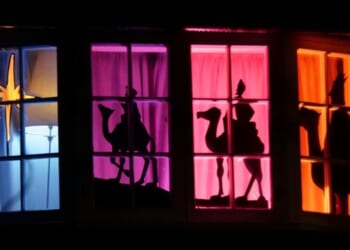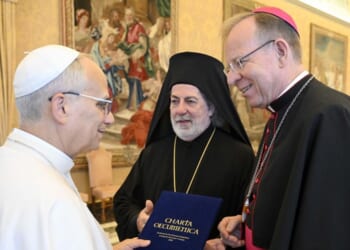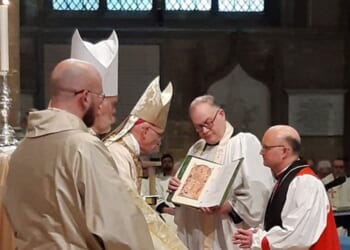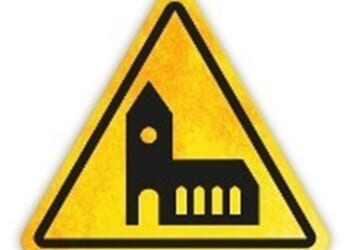ON A rare afternoon of rest and peace, amid the ill-planned busyness of this North American tour, I went out walking with a couple of friends through lovely woodlands towards the shores of Radnor Lake, in Tennessee.
We were strolling through beautiful woodlands, not far from a stream that flows out from the lake, when I caught a slight movement from the corner of my eye, and, looking down through the dappled woodland light towards the stream, I saw a deer stooping to drink.
It was a wonderful sight, and I realised that this image of the deer stooping to drink, an image made so resonant for me, as for so many, by Psalm 42, was something that, till now, I had never actually seen in real life. I had glimpsed deer grazing in woodland, or on road verges, but never this intimate, vulnerable moment of drinking from the stream. It was a kind of magic: a moment when a resonantly mythic archetype touches the actual.
Those beautiful yearning strains of Palestrina which I had heard sung in college chapels, Sicut cervus desiderat ad fontes aquarium — those liquid tones — were made flesh before my eyes in the stooping deer, and my mind also heard the echo of Coverdale’s beautiful rendition of those words: “Like as the hart desireth the water-brooks: so longeth my soul after thee, O God.” As we walked further upstream towards the lake, that psalm continued to unfold in my mind, and filled me again with that deeper longing, that thirst for God himself: “My soul is athirst for God, yea, even for the living God.”
Somewhere, upstream of everything, is the source from which all beauty, truth, and goodness flow; and I remembered a poem from my Psalter cycle David’s Crown, written in response to Psalm 42, in which I had tried to put some of that longing, that thirst for the living streams, into words:
XLII Quemadmodum
You are my heart’s desire from first to last
Like as the hart desires the water brooks
So longs my soul towards you. So I thirst
For living streams, not for the dusty books
They write about you, nor the empty words
That ring from pulpits, nor the haughty looks
Of those who market you. These are the shards
Of broken idols. I long for the deep
In you that calls the deep in me, the chords
That sound those depths and summon me to weep
At first with tears of grief and then with tears
Of joy, that I may sow those tears and reap
A timeless harvest, that the ripened ears
Of grain may shine as clean and clear as gold
Shucked of the husk of all my wasted years.

